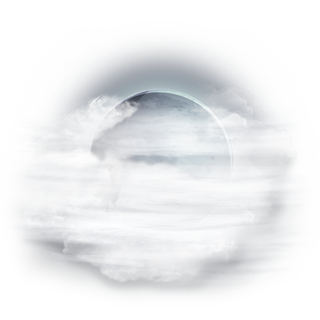The university hosted its annual Sleep Week starting March 12 and running through March 18. The week featured events, giveaways and activities for students to promote good sleep hygiene.
The Office of Health and Wellness Promotion (HAWP) and the Bridge to Wellness (BTW) team each sponsored events throughout the week for students to gain access to resources to help them get better sleep.
HAWP released a pamphlet on sleep hygiene, which provided information for students on the importance of sleep, tips for sleeping well and substances to avoid in order to get better sleep. According to the pamphlet, adults benefit the most from having eight to nine hours of sleep per night; however, if that’s an unrealistic goal students should at least aim for six hours of sleep.
“Prioritizing sleep is one of the most important things you can do to improve your well being,” reads the HAWP sleep hygiene pamphlet.
Sleep is essential for providing energy to manage stress, according to the pamphlet. Not only does it help provide energy for day to day activities, sleep also helps improve memory, motivation, concentration and problem-solving skills. Motor skills, muscle repair and skin tissue repair are all benefited by sleep as well as your immune system.
The HAWP program also suggested some daily habits that, when implemented, can improve your sleep. According to the pamphlet, humans benefit from having a regular sleep schedule, meaning waking up and going to bed at the same time each day. Unwinding mentally and physically before bed can also improve your sleep, this could be through a relaxing activity or a deep breathing exercise. Reducing light and noise in your room is another recommendation from HAWP, as well as turning off screens 30 to 60 minutes before bed since the light can inhibit the release of melatonin.
Students would also benefit from avoiding certain substances close to bedtime. The pamphlet recommends that students avoid eating heavy meals before bed, as well as avoiding alcohol and cannabis. In addition, students should be mindful of their consumption of caffeine and nicotine in the afternoon. These two substances should be avoided in the afternoon since they can have a significant impact on sleep later that night.
The pamphlet recommends naps, though students should be mindful to not exceed a 20- or 30-minute nap. A longer nap or a nap too late in the day can interfere with your nightly sleep cycle. Sticking to a short nap, the pamphlet says, can promote improved mood, alertness and performance.
For those who are struggling to go to sleep, the HAWP pamphlet offers a few suggestions for students to try. This includes keeping a notepad near bed so you can write down your thoughts, trying meditation or deep breathing exercises or trying a relaxing activity—if the sleeplessness persists for over 20 minutes—that will cause you to feel tired.
Set up in the atrium of the Student Campus Center (SCC) was a mock dorm bed fitted with a white comforter and markers. Students were encouraged to write their favorite, substance-free sleep strategy. Community members wrote what they like to do, including read, listen to music or white noise and meditate to help fall asleep.
BTW Peer Educators also had available slots throughout the week where community members could sign up for sleep consultations. Students could receive “individualized information and support for better sleep,” according to the webpage. Sessions were offered in person or via Zoom for 30-minute appointments.
Also being promoted during sleep week was Headspace—an app to help manage stress through meditation, according to their webpage. Headspace is now free for Brandeis students, and they can utilize meditations, expert guidance, videos, sleep music and sleepcasts to help promote better sleep. A sleepcast is like a podcast except it is specifically meant to soothe the listener and occupy their mind while they try to go to sleep without keeping them awake, according to the page.
“Headspace is proven to reduce stress by 14 percent in just ten days. It can also help you relax your mind in minutes, improve focus and get the best sleep ever,” reads the cards being offered to students with a QR code to sign up for headspace.
The Brandeis Library also participated in Sleep Week, curating sleep podcasts for community members. The Sleep Week Spotify playlists included an Uplift Mix and a Dream, Sleep, Meditate Ambient Mix.
Additional events were held throughout the week including a Sleep Kit goodie bag giveaway which happened on March 13 and March 15 from 12:30 p.m. to 2:30 p.m. in Upper Usdan. Students also had the chance to decorate their own sleep masks. Another event called Blooming Minds: Sleep is Self Care was held on March 16 for students.
For community members looking to learn more on sleep, the HAWP website maintains a list of more tips and advice for getting better sleep. The HAWP office is located in the SCC in room 247 for students who would like to visit them in person.


